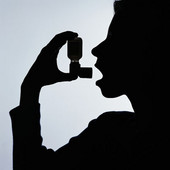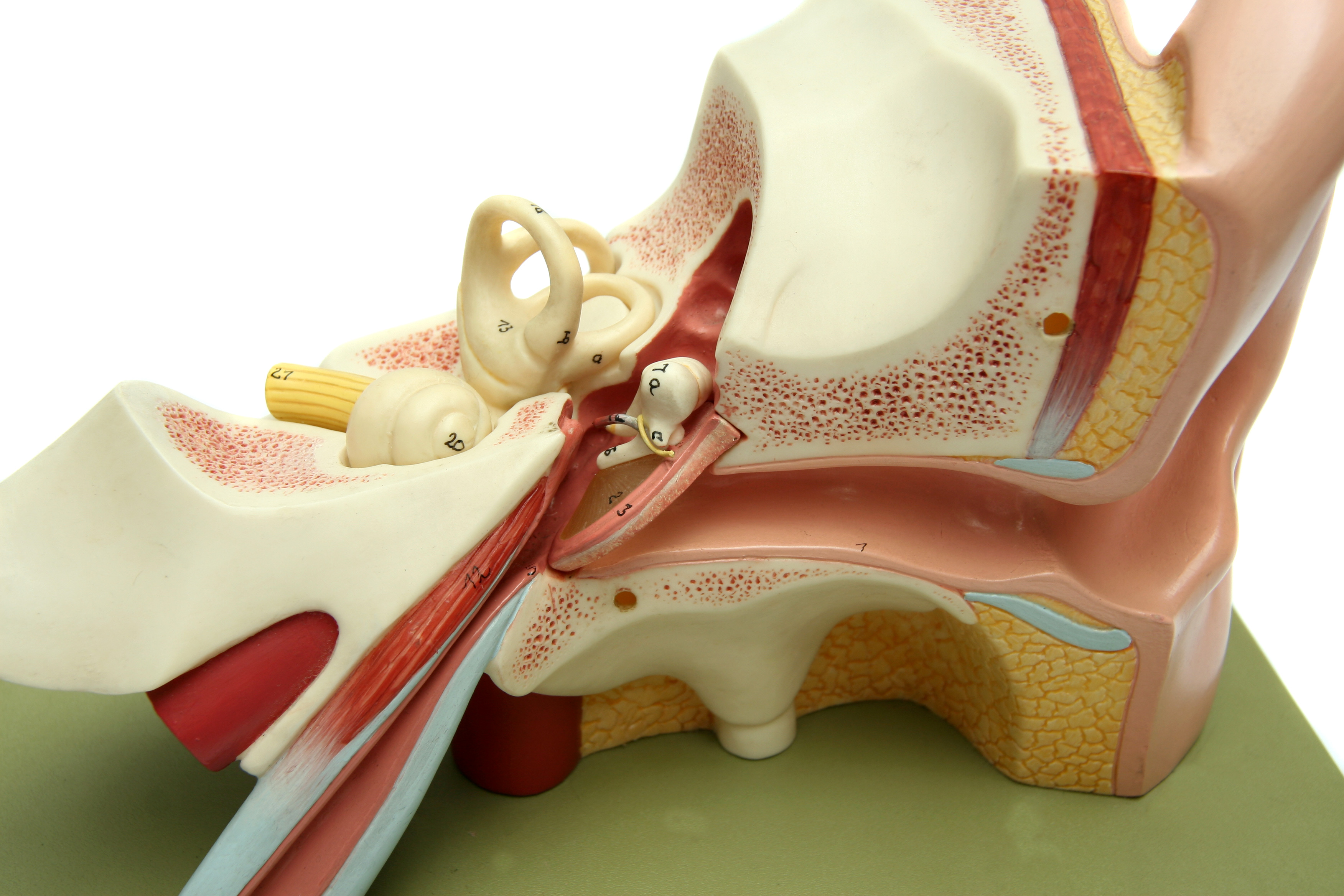
THURSDAY, Sept. 22 (HealthDay News) — Over-the-counter asthma inhalers containing chloroflouorocarbons (CFCs), which can damage the ozone layer, will not be made or sold after Dec. 31, the U.S. Food and Drug Administration announced Thursday.
The sole product affected is Primatene Mist, marketed by Armstrong Pharmaceutical Inc., because it is the only inhaler approved by the FDA to be sold without a prescription for the relief of occasional symptoms of mild asthma.
“With this phase-out, all of the other inhalers that could substitute for the CFC over-the-counter inhaler to relieve symptoms of mild asthma require a prescription,” Dr. Andrea Leonard-Segal, director of the FDA’s Division of Nonprescription Clinical Evaluation, said during a morning news conference.
Primatene Mist uses CFCs to propel epinephrine from the inhaler so it can be taken into the lungs.
“Consumers who use Primatene Mist need to take action now to see a health-care provider to get a prescription for a replacement product,” Leonard-Segal said. “Primatene Mist may be even harder to find on store shelves even before Dec. 31, 2011.”
People who have the product after Dec. 31 can continue to take it as long as it hasn’t expired, Leonard-Segal said.
The product is being removed from the market to comply with the Montreal Protocol on Substances that Deplete the Ozone Layer. This international agreement, signed by the United States and other nations, calls for phasing out chemicals that deplete the ozone layer, including CFCs.
Many manufacturers have replaced CFCs with an environmentally friendly propellant called hydrofluoroalkane (HFA). However, there are no HFA versions of over-the-counter epinephrine inhalers currently available, the FDA said.
While the other types of medications delivered through HFA inhalers are effective, there are some significant differences between HFA and CFC inhalers that people need to be aware of, Leonard-Segal said.
They include:
- Priming. When you first use an HFA inhaler, or if you haven’t used it in awhile, you need to “prime” the pump to ensure that you’re getting the accurate dose of medication. Priming entails spraying a dose or doses into the air, and priming requirements are different for each inhaler. Ask your pharmacist or check the package insert for your inhaler’s priming requirements.
- Inhaling. The spray from HFA inhalers doesn’t come out as forcefully, and some people have reported feeling as if they’re not getting enough medication. For more detailed instructions on the proper technique for using an inhaler, ask your doctor or pharmacist, or check the package insert, which also has instructions for using the inhaler.
- Cleaning. HFA inhalers need to be cleaned more often than CFC inhalers.
More information
For more on asthma, visit the U.S. National Library of Medicine.

